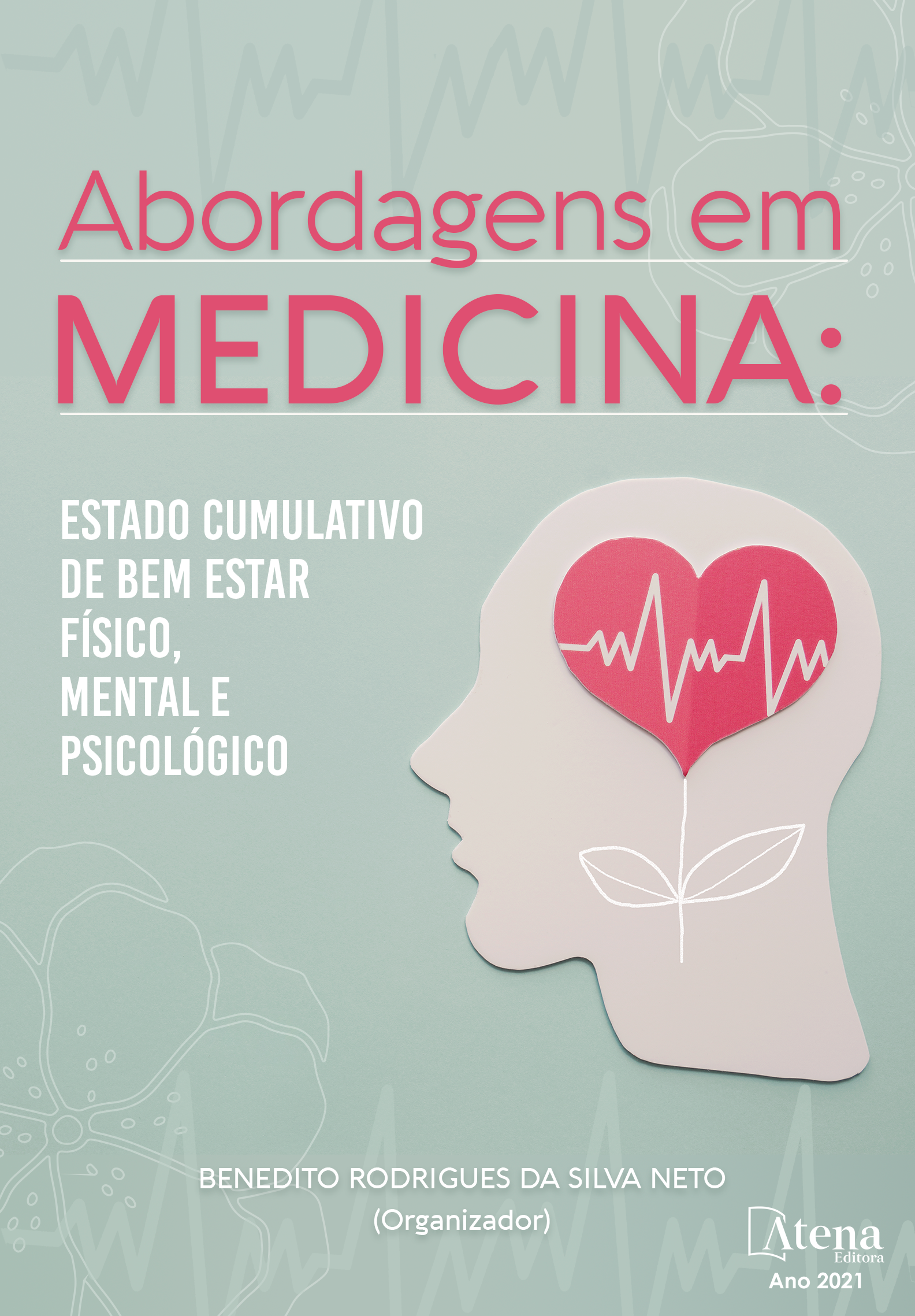
PERFIL BACTERIANO DE INFECÇÕES DO TRATO URINÁRIO EM GESTANTES EM UM HOSPITAL TERCIÁRIO LOCALIZADO NO SUL DO BRA-SIL
Objetivos: investigar a prevalência dos agentes etiológicos na infecção do trato urinário em gestantes, correlacionar a infecção com o parcial de urina e observar a suscetibilidade dos principais patógenos aos antimicrobianos utilizados no tratamento.
Métodos: revisão de prontuários de 166 gestantes com infecção do trato urinário e urocultura positiva entre janeiro de 2018 e março de 2019 em um hospital terciário no estado do Paraná.
Resultados: Cistite foi encontrada em 53,6% dos casos, bacteriúria assintomática em 24,7% e pielonefrite em 21,7%. Escherichia coli foi o patógeno com a maior incidência dentre as formas de infecção do trato urinário (57,8%), seguida por: Staphylococcus saprophyticcus (7,2%), Klebsiella pneumoniae (6%), Proteus mirabilis (6%) e Streptococcus agalactiae (6%). O parcial de urina apresentou nitrito em 20% dos casos e leucocitúria em 41%. Na maioria dos casos, a primeira geração de cefalosporinas foi o tratamento de escolha para bacteriúria assintomática e cistite. Escherichia coli demonstrou sensibilidade inferior a 80% à amoxicilina com clavulanato, à ampicilina e à cefalotina. Staphylococcus spp demonstrou baixa sensibilidade à penicilina e à clindamicina.
Conclusão: Observamos o perfil bacteriológico encontrado nas infecções do trato urinário em mulheres gestantes, a resistência apresentada pelos principais patógenos aos antimicrobianos e os tratamentos disponíveis às gestantes de acordo com o trimestre e local de acometimento infeccioso. Estas informações podem auxiliar na tomada de decisões na terapia empírica a fim de prevenir resultados negativos para as gestantes e conceptos.
PERFIL BACTERIANO DE INFECÇÕES DO TRATO URINÁRIO EM GESTANTES EM UM HOSPITAL TERCIÁRIO LOCALIZADO NO SUL DO BRA-SIL
-
DOI: 10.22533/at.ed.69721221112
-
Palavras-chave: Infecções urinárias; gravidez; resistência microbiana a medicamentos; bactéria; testes de sensibilidade microbiana
-
Keywords: Urinary tract infections; pregnancy; drug resistance, microbial; bacteria; microbial sensitivity tests.
-
Abstract:
Objectives: The objective was to investigate the prevalence of etiological agents in the urinary tract infection in pregnant women, correlate the infection with the urinalysis and observe the susceptibility of the main pathogens to the antimicrobials used in the treatment.
Methods: review of medical records of 166 pregnant women with urinary tract infection and positive urine culture between January 2018 and March 2019 was performed in a tertiary hospital in the state of Paraná.
Results: Cystitis was found in 53.6% of the cases, asymptomatic bacteriuria in 24.7% and pyelonephritis in 21.7%. Escherichia coli was the pathogen with the highest incidence in all forms of urinary tract infection presentation (57.8%), followed by: Staphylococcus saprophyticcus (7.2%), Klebsiella pneumoniae (6%), Proteus mirabilis (6%) and Streptococcus agalactiae (6%). The urinalysis showed nitrite in 20% of the cases and leukocyturia in 41%. In most cases, first generation cephalosporins were the treatment of choice for asymptomatic bacteriuria and cystitis. Escherichia coli showed less than 80% susceptibility to: amoxicillin with clavulanate, ampicillin and cephalothin. Staphylococcus spp showed low susceptibility to penicillin and clindamycin.
Conclusion: With this study, we observed the bacteriological profile found in urinary tract infections in pregnant women, the resistance presented by the main pathogens to antimicrobials and the treatments available to pregnant women according to the trimester and location of infectious involvement. This information can assist in decision making in empirical therapy and prevent negative results for pregnant women and concepts.
-
Número de páginas: 20
- Ana Luísa Hümmelgen
- Daniele Packer
- Diego da Silva Magatão
- Raquel Bernardelli Gonçalves
- Juliane Centeno Müller


